Dubai, with a population of roughly 2-million, is the largest city of the United Arab Emirates (U.A.E.) and has worked tirelessly to build itself as a major financial hub, investment destination and major tourist magnet. To be precise, it weren’t the people of Dubai but the lowly paid foreign South Asian workers, mostly from India, Bangladesh, Nepal and Pakistan, who built the city.
And no, it wasn’t Dubai’s own money either that was used to build the city. Dubai is just one of seven emirates making the U.A.E. In fact, Dubai, on its own isn’t flushed with black gold known as oil. Dubai’s revenue from oil constitutes only 5%. But as the most populous city in U.A.E. and the second largest emirate by area, Dubai is the capital city of U.A.E.
If not for continuous capital injection from Abu Dhabi, another emirate of U.A.E, Dubai would have been bankrupted many times over. Accounting for about two-thirds (66%) of the roughly US$400 billion (£270 billion; RM1.72 trillion) U.A.E. economy, Abu Dhabi plays vital role in Dubai’s survival. But it’s always the Dubai which gets all the infrastructure glory.
Hence when fire started engulfing a 5-star “The Address Downtown Dubai” hotel, there were questions whether the annual New Year fireworks would proceed or otherwise. The fire started at about 9:30 p.m. and within 10-minutes, spread from one floor to about 40 floors. Almost instantly, it brought back the memory of U.S. Twin Towers terrorist attack on 9/11.
Unlike the U.S. World Trade Center, fortunately, there wasn’t any plane smashing into the 63-story Dubai hotel, which boasted 196 rooms and 626 serviced apartments. Due to obvious reason, the building was packed like sardines, not to mention thousands of people in the streets below and in the adjacent buildings, all waiting to view the highly anticipated fireworks display.
The fireworks, scheduled to be unleashed roughly 500-yeards away at the Burj Khalifa, the world’s tallest skyscraper, proceeded anyway with police, firefighters and ambulance services working hard to contain the inferno. At least 60 people were reportedly injured but miraculously no casualty has been reported despite people left in a “stampede”.
Still, questions are being asked on the social media as to the appropriateness of authorities in Dubai to proceed with the New Year’s festivities while a disaster was happening just yards away. So far, the fire is believed to have erupted from the outside of the building on its 20th floor before spreading along its whole facade but the exact cause is not yet known.
Other interesting questions include how could the building caught fire (which is believed to have started in a residence on the building’s 20th floor) so quickly as if it was made from paper, and why the fire alarms and sprinklers took time to activate. Sure, no one was killed this time but common sense says it’s a matter of time before it happen.
According to Phil Barry, a fire safety consultant with Gloucester-based CWB Fire Safety who has worked extensively in Qatar and the UAE, up to 70% of Dubai’s high rise buildings could be clad in the flammable materials. To make thing worse, fire safety inspections are often lax in Dubai because the owner of high rise buildings has political connections who doesn’t like being lectured by fire safety authorities.
The fire at The Address hotel is the third major skyscraper fire in the emirate since 2012. In February 2015 another skyscraper – the 86-storey The Torch – went up in flames. That was before fire broke out in November 2012 in the Tamweel Tower located in the Jumeirah Lakes Towers complex, which later found to be caused by a stray cigarette butt.
Prior to a 2013 changes to Dubai’s building regulations, hundreds of high-rise buildings in the U.A.E. were clad with flammable composite material panels – aluminium-polyurethane panelling. The fact that Dubai’s Civil Defence chief admitted that the blaze damaged “only the external interface” goes to show The Address hotel’s exterior cladding uses combustible materials.
Does this mean the Dubai authorities were damn sure their landmark The Address hotel will not collapse despite the fire hence they confidently allowed the fireworks to continue? After multiple fires on skyscrapers, they seemed to know what they were doing, and somehow knew roughly that the future fire to hit 70% of skyscrapers is caused by exterior cladding which would not weaken internal structure.
Nevertheless, social media are making fun that despite the fire, the Dubai authorities seemed very confident The Address hotel would not collapse like the U.S. World Trade Center Twin Towers because they built them better than the Americans. Evidently, The Address hotel still stands today and no one has died. But U.A.E. should know better than to be complacent and arrogant.
Other Articles That May Interest You …
- Kuwait: Israel Is NOT Our Enemy
- Proof That Top-6 Wealthiest Gulf Nations Are Selfish & Inhumane
- Saudi Has 100,000 Unused Air-Conditioned Tents, But Won’t Help Refugees
- Meet World’s Biggest Hotel “Abraj Kudai” – 10,000 Rooms, 12 Towers, 4 Helipads
- Move Over Petronas Twin Towers, Here Comes The New Tallest Building – Super Tower
- Here’re 8 Exotic Dubai Police Force’s Fleet of Supercars
- Dubai’s Mall Of The World – Largest Shopping Mall On Planet Earth Launched (Photo)
- World’s Tallest Building In Saudi Arabia, Kingdom Tower

|
|
January 2nd, 2016 by financetwitter
|


|

|

|

|

|

|






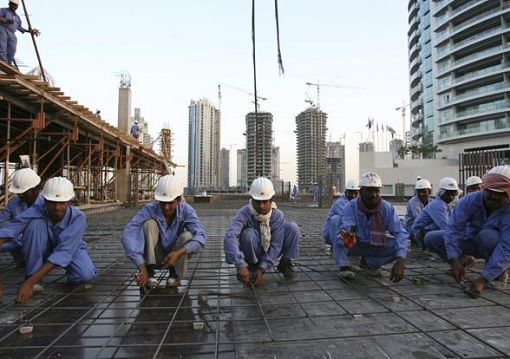
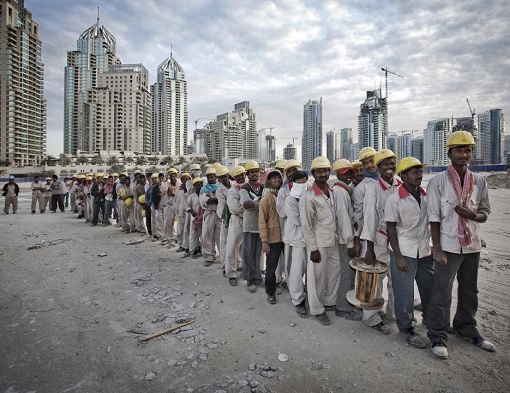

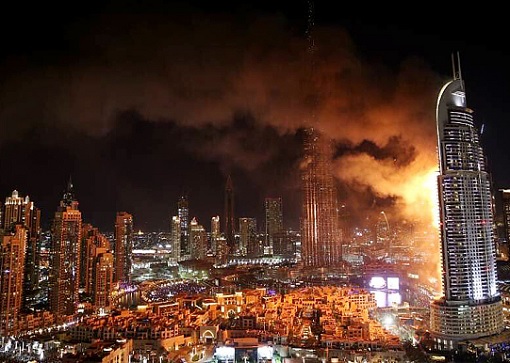
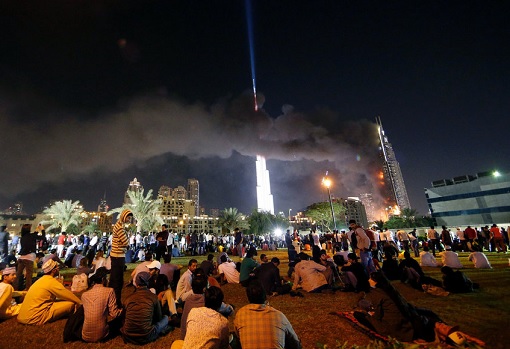
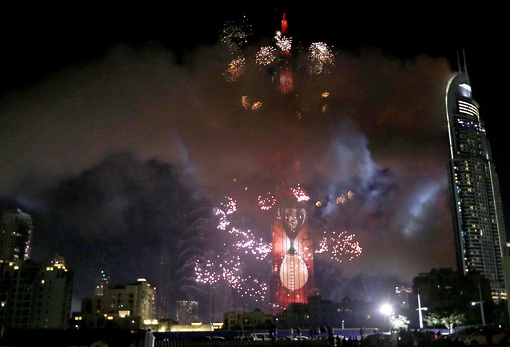
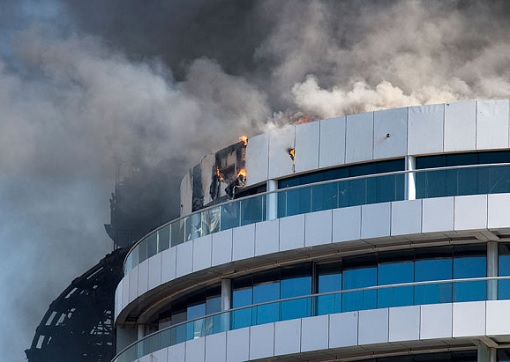
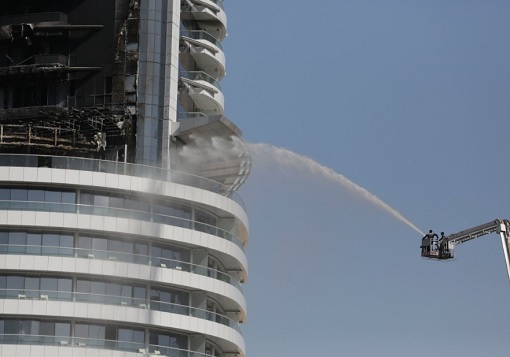
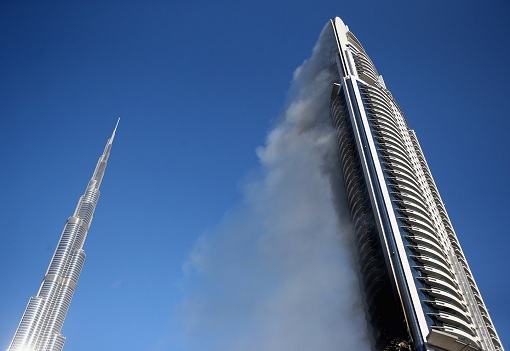
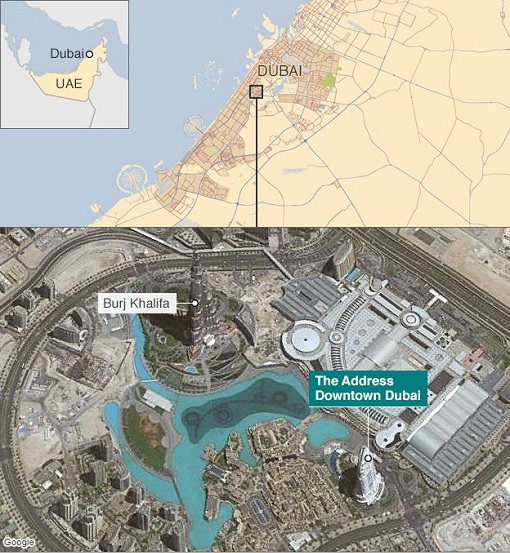
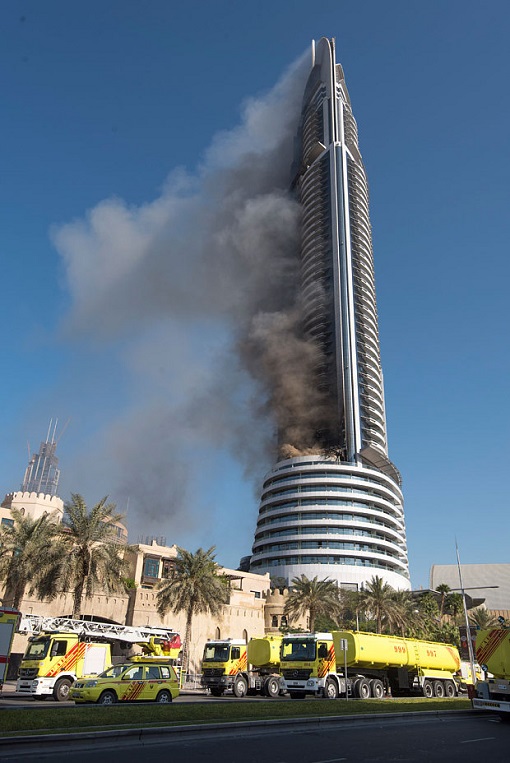






















Comments
Add your comment now.
Leave a Reply